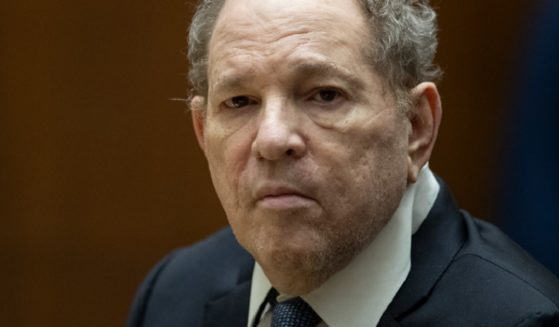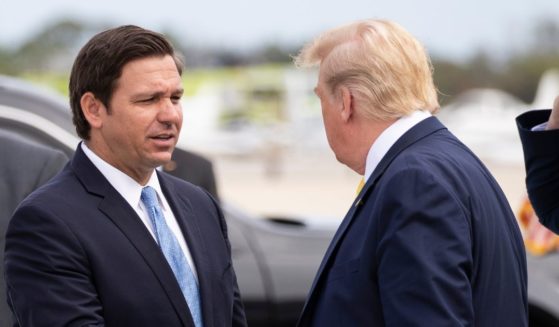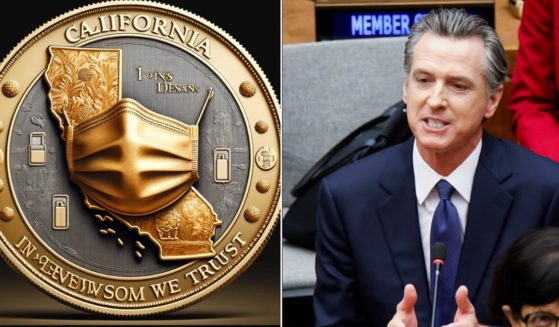Two Iconic American Muscle Cars Killed Off So Company Can Transition to Electric Vehicles
Dodge is planning to discontinue two of America’s most famous muscle cars due in part to emissions regulations put in place by the Biden administration.
The American car manufacturer announced its plans to halt production of the Challenger and Charger muscle cars at the end of 2023, CNBC reported.
The cars first gained popularity with their release in the 1960s and ’70s.
They were brought back in the mid-to-late 2000s, which caused a resurgence of interest and admiration among car lovers, according to CNBC.
“Dodge, with the Challenger and Charger, they really found a way to really get to that muscle car root,” S&P Global principal analyst Stephanie Brinley said. “These cars definitely expressed it … and were able to hold onto that essence.”
The iconic design of the Dodge Challenger serves in the minds of many Americans as the poster child for auto manufacturing in the United States. But thanks to the left, its days are now numbered.
In a Jan. 2021 interview with CNBC, Dodge CEO Tim Kuniskis predicted the day was nearing in which the company would no longer be able to manufacture the iconic muscle cars.
“The days of an iron block supercharged 6.2-liter V-8 are numbered,” Kuniskis said. “They’re absolutely numbered because of all the compliance costs.”
Kuniskis was referring to emissions regulations put on car manufacturers by the federal government. Under President Joe Biden, those regulations have become even more strict.
According to Reuters, former President Donald Trump rolled back previous rules to require just 1.5 percent annual increases in efficiency. Before him, former President Barack Obama had required five percent annual increases.
Trump’s policies were set to ease the burden on American manufacturers, but as soon as Biden got into office, he ramped the pressure right back up.
Under Biden’s direction, the Environmental Protection Agency finalized rules that would require the full fleet of vehicles in America to average about 40 miles per gallon by 2026. This was a massive increase from Trump-era requirements, which would have stipulated an average of about 32 mpg, Reuters reported.
Biden has called for 50 percent of new vehicles sold to be electric or plug-in hybrids by 2030. The new EPA rules, which will go into effect in 2023, will require vehicle emissions to be reduced by 28.3 percent through 2026.
All of these regulations have made it nearly impossible for Dodge to continue justifying the manufacture of the Challenger and Charger.
Stellantis, the parent company of Dodge, is the worst major manufacturer in the U.S. for fuel economy and carbon emissions, CNBC reported. This also means it will have to make the most drastic changes in order to comply with Biden’s new rules.
Dodge tried to hold out for as long as possible, even unveiling new Hellcat models as other manufacturers focused on fuel efficiency. Now, Biden’s big government regulations are set to put a nail in the coffin of these iconic American vehicles.
Kuniskis attempted to suggest that discontinuation was a good thing because it would lead to new possibilities for electric muscle cars. But something about a “muscle car” that runs on electricity and makes little to no noise just isn’t that appealing.
In the name of fighting climate change and promoting green energy, Biden contributed to the death of American muscle cars as we know them. While the left may see this as a win, many Americans will be devastated to see such an iconic American vehicle disappear.
Truth and Accuracy
We are committed to truth and accuracy in all of our journalism. Read our editorial standards.












